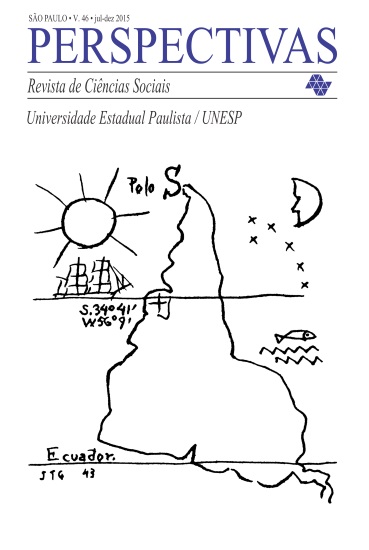Contexts and functions of democracy in furtadian thought (1944-1964)
Keywords:
Democracy, Celso Furtado, Brazilian political thought, Development,Abstract
This article intends to examine the meaning and functions attributed to the concept democracy in the work of Celso Furtado between 1944 and 1964, which are part of this set of texts, from the initial reflection on the connections between economics and politics to the robust analysis of the role of democratic institutions in Dialética do desenvolvimento (1964): A feição funcional da democracia moderna (1944); Trajetória da democracia na América (1946), Subdesenvolvimento e o Estado Democrático (1962a), A pré-revolução brasileira (1962b). The theory of underdevelopment emerges in this intellectual context as a thesis capable of explaining the particularities and limits of development in the situation of the late-capitalist periphery (and its unfolding in the national-developmentalist project), and historically lies between the end of the Estado Novo, i.e. the democratic arrangement of the 1950s and the coup of 1964. The proposal is to examine the various meanings associated by Furtado with democracy, such as the variation of its function in modern societies and the underdevelopment situation, covering the hypothesis that the re-signification of democracy occurred in order to the author’s finer understanding of underdevelopment, considering the overcoming of underdevelopment as a goal to be achieved until its conversion into a tool or modus operandi necessary for the construction of development.Downloads
Published
05/07/2017
Issue
Section
Desenvolvimento e mudança social

